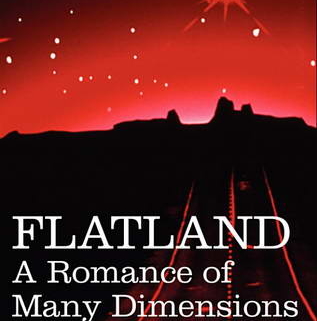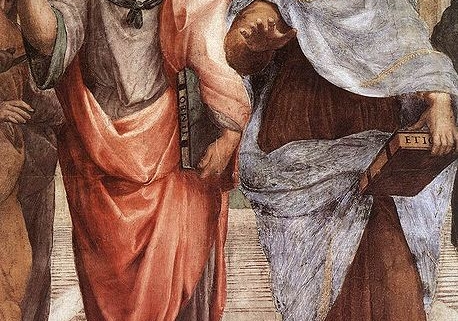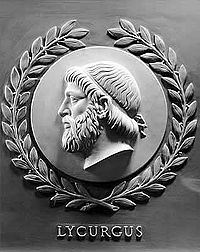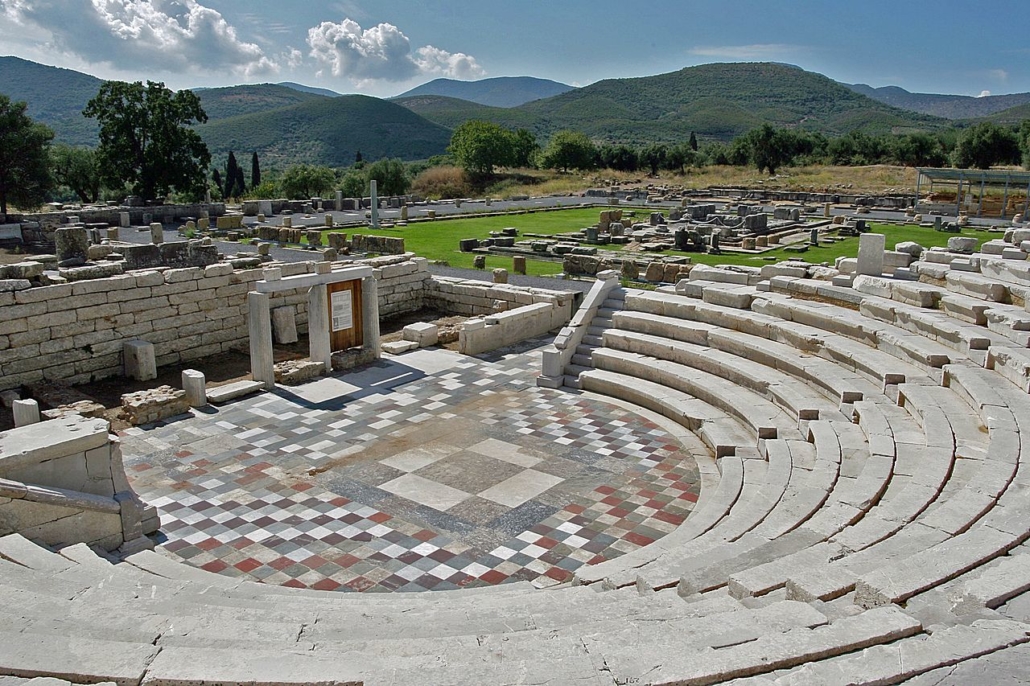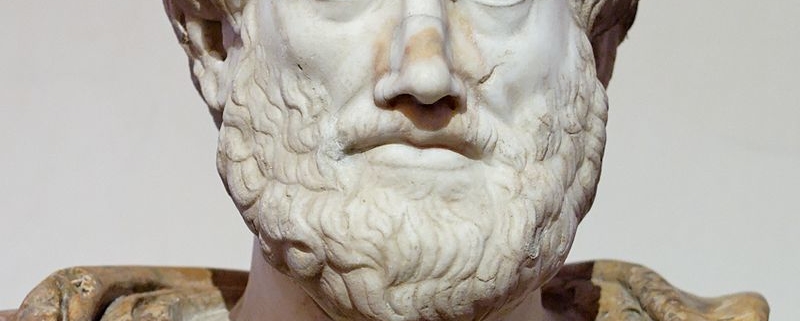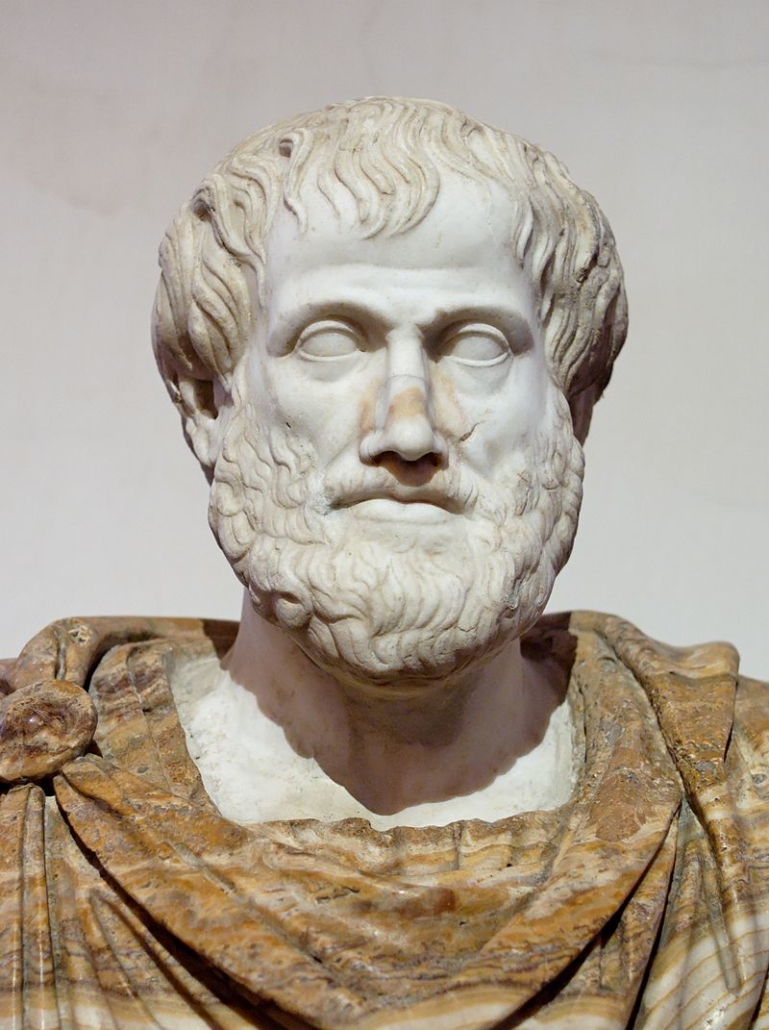A Flat, Gray, Silent World: How PC and Minority-Worship Cripple the Intellect
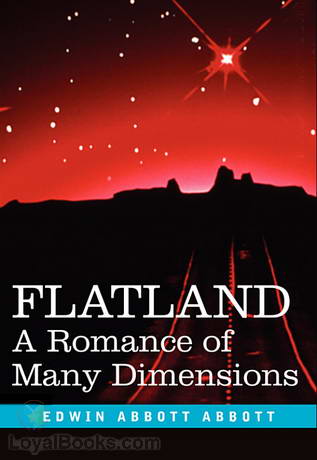
One of the strangest and cleverest books I’ve ever read is Edwin A. Abbott’s Flatland, a Victorian fantasy first published in 1884. It’s about what happens when two worlds collide. One is our own three-dimensional world. The other is a literally two-dimensional world called Flatland, where there are only two dimensions to move in: north-south and east-west. There’s no up-down in Flatland, because there’s no third dimension.
They can’t think in 3D
The inhabitants of Flatland, known as Flatlanders, are living geometric shapes like triangles, squares and circles. They can perceive only in two dimensions and our three-dimensional world is impossible for them to imagine or understand. Flatlanders see a 3D object passing through their world as a series of infinitely thin slices, so to them a cube can look like a square or a triangle or even a hexagon, depending on how it’s orientated. And they can’t understand how human fingers, which look to them like a disconnected series of fleshy circles, can be part of a single, undivided hand.
In short, solidity baffles them. Abbott wanted his readers to see that we humans live in a Flatland of our own. After all, if 2D is flat to a 3D being, then 3D will be flat to a 4D being. Flatlanders can’t see or understand three dimensions of space and we can’t see or understand four. But Abbott wasn’t just writing a very clever mathematical fantasy: he was satirizing Victorian politics and culture. For example, the more sides Flatlanders have, the higher their status: triangles are lowly and circles are exalted. And so arbitrary geometry determines one’s position in life.
Forbidden to perceive reality
That’s a liberal idea, of course, but Flatland could easily be updated as a right-wing satire on the modern West. The point of an update would be this: We’re 3D, but we’re forbidden to think in 3D. Instead, we have to inhabit an intellectual Flatland, a flat, gray, silent world of political correctness and minority worship. Abbott’s original Flatlanders had hearing and colour vision, at least. We don’t have those things in our politics. When we look at the world, we have to turn most of our senses off and stop using reason and logic. We’re forbidden to see unity where it really exists, because the High Priests of PC tell us that phenomena like non-White failure and non-White genetics are entirely separate and unrelated. At the same time, we’re commanded to see unity where it doesn’t exist. “There’s Only One Race — the Human Race!” “Gender is a social construct!” “Whites and Non-Whites, Men and Women are entirely interchangeable!”
And some parts of the real world are strictly off-limits to us twenty-first-century Flatlanders in New Flatland. The Scruton affair, which I discussed in “A Philosopher Falls,” is a good example of how important and closely connected facts float off into an inaccessible hyper-realm. In early April 2019 Sir Roger Scruton, whom some call the greatest living conservative philosopher, was sacked from a government committee for the alleged thought-crimes of anti-Semitism, Islamophobia and racism. Scruton himself and his many supporters have continued to bewail the unfairness and injustice of what happened to him. As Scruton wrote in a neo-conservative and highly philo-Semitic magazine called Standpoint: “Heretics like me should not be silenced by mobs.” But Scruton isn’t a genuine heretic or free-thinker, because he’s writing from New Flatland and certain facts go entirely unmentioned in his article. He doesn’t refer to Jews or his own alleged anti-Semitism even once, let alone discuss the Board of Jewish Deputies and its direct role in his sacking. And what about Lord Finkelstein and Tom Tugendhat, two prominent Jewish “Conservatives” who immediately joined the left-wing “mob” and its heresy-hunt? Read more

